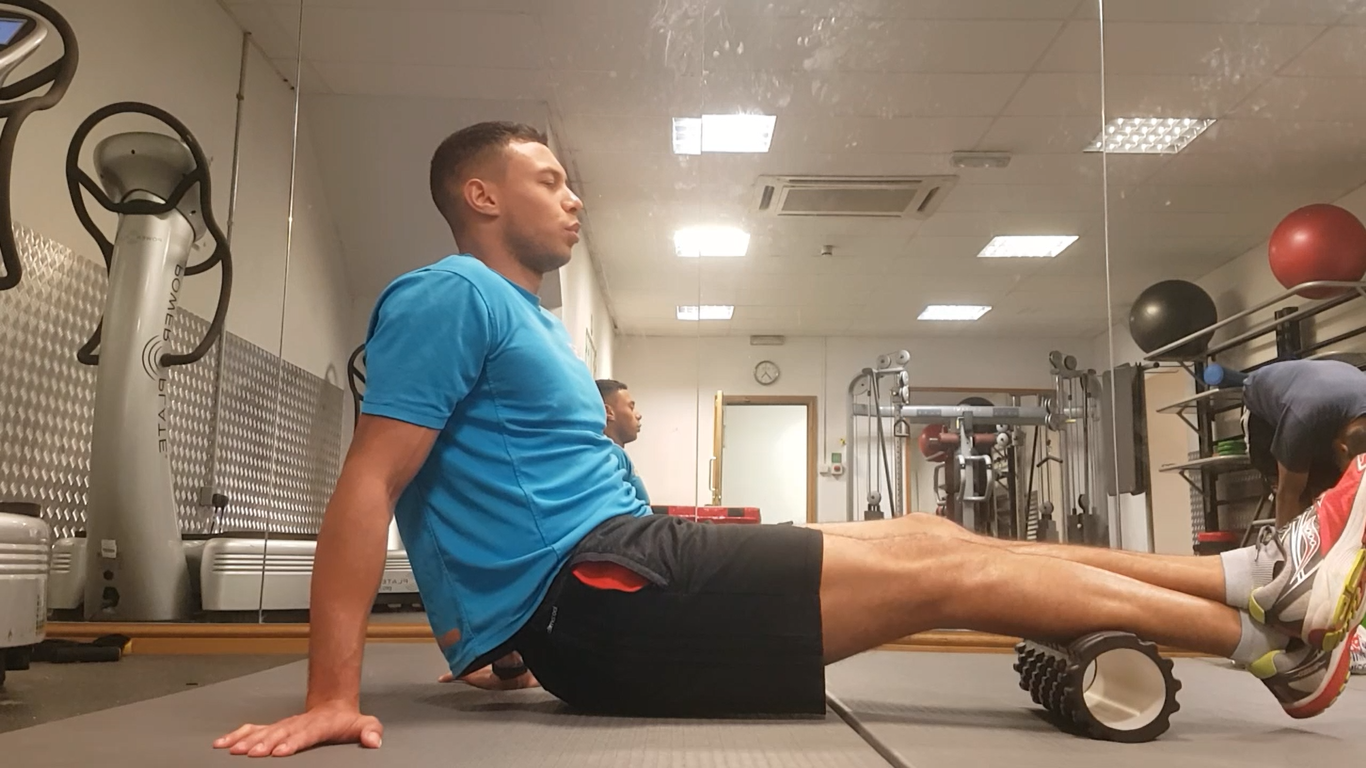How To Foam Roll
Owning a Foam Roller is great but do you know how to foam roll?
Many of us only tend to use the foam roller as a form of injury rehab. If this is the case, you’re not getting the most out of your investment. A foam roller can be a valuable part of helping to avoid and prevent injury for both a warm up before exercise and a cool down after exercise.
Why is foam rolling beneficial?
Foam rolling is a fantastic way to relieve muscular tension on your own. If you can be disciplined enough to foam roll, you can aid in reducing muscular tension, tightness, injury and improve flexibility. Foam rolling improves blood circulation, prepares the body for exercise and aids in recovery after a workout. Foam rolling breaks down muscular knots which can cause movement restrictions and limit range of motion. Breaking down these knots help us to move easier and increase range of motion.
Which foam roller should I use?
When it comes to foam rollers there are lots and lots of options. It can be slightly daunting as to which one you should buy or get started with. After all, you don’t want to waste your money on something that isn’t right. Have a look at the video below comparing the differences between two different foam rollers. Hopefully it gives you a clearer view on which one to get started with.
Recommended foam roller: amazon
Who can benefit from foam rolling?
Foam rolling can benefit anyone with tight or tense muscles.
Sitting at a desk for long periods can contribute to trigger points in the leg and foam rolling is a fantastic way to reduce them.
Individuals who participate in challenging sports will often benefit more from foam rolling. Some of these include:
- Cyclists
- Runners
- Gymnasts
- Swimmers
- Footballers
- Rugby players
- Cricketers
- Athletes
Top Tips when Foam Rolling
-
Slow and steady
-
Hold on each point of tension for approximately 30 seconds
-
Try different angles on the same muscle
-
BREATHE – control your breathing to help ease the sensation of discomfort
Alternatives to Foam Rolling
Foam Rolling Videos of the Leg
Foam Rolling the Quads
The Quadriceps can become very tight and tense due to exercise. The four muscles in the quadriceps extend the knee. Extending the knee repeatedly under load can contribute to tightness and tension building up. Foam rolling can help with this. Check out the video below and give it a try.
Foam Rolling the Calves
The Calves aid in extending the foot. This action is performed repeatedly during the propulsion phase of running. Individuals that perform this action during exercise are more prone to increased tension in the calves. This is common with runners and sports that involve running, such as football, rugby and athletics.
Foam rolling the ITB
The Iliotibial band (ITB) runs along the outside of the leg from the pelvis to just below the knee on the Tibia. As the knee bends and extends the ITB moves back and forth on the femoral epicondyle. This movement can sometimes cause irritation. If the ITB is tight or tense the likelihood of this irritation increases. Foam rolling the ITB can help reduce the chances of this.
Foam Rolling the Adductors
The Adductors are a collective group of muscles that are located on the inside of the leg. The Adductors draw the leg towards the middle line of the body. The adductors also help to stabilize the knee. They often become tense or tight after a heavy leg session. Foam rolling can help with the recovery after a leg session and help to relieve any tension or tightness.
Foam Rolling the Glutes
The Glutes are a difficult area to foam roll. Here’s a video of how to reduce tension in the glute area using a foam roller.
Foam rolling the Hamstrings
The Hamstrings are a group of muscles attaching from just below the knees along the back of the leg, into the bum area.
This is quite a difficult area to foam roll but hopefully the video below gives you an idea of how to do it!

